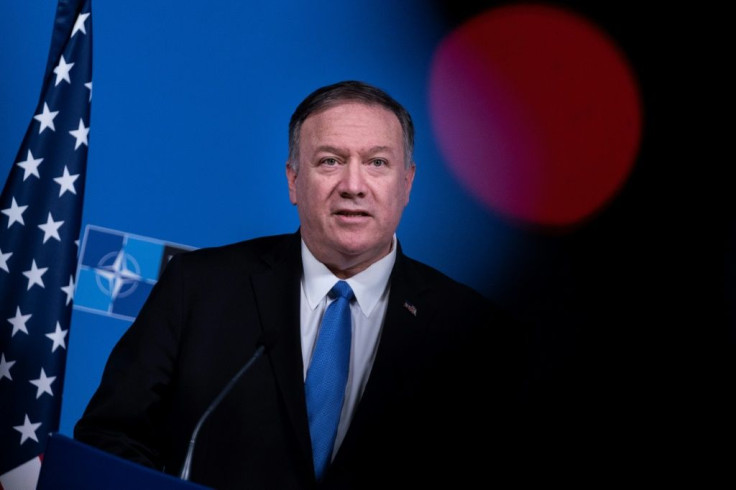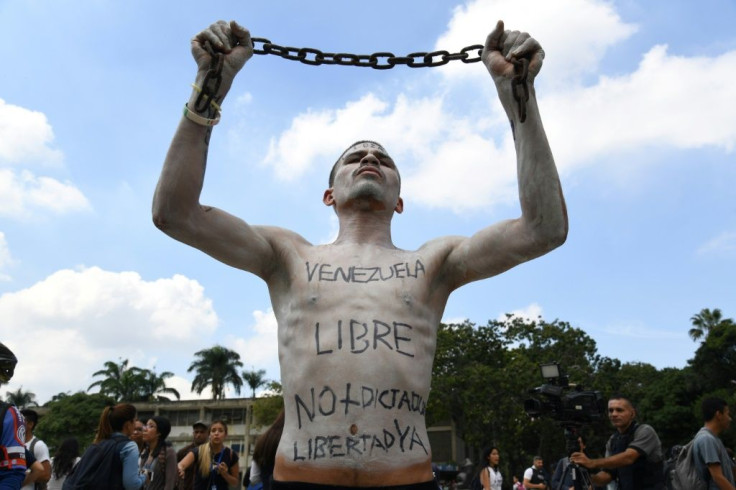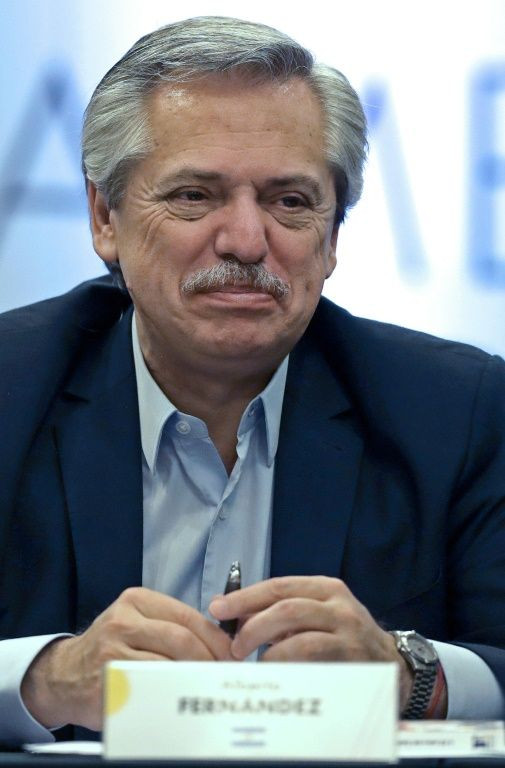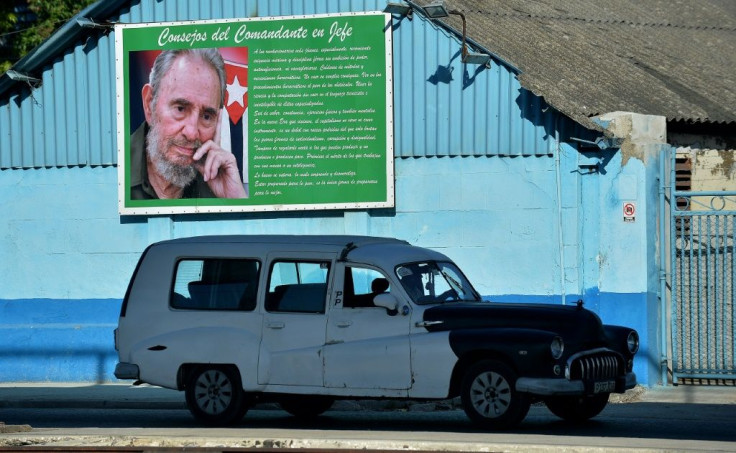Pompeo Defends Military Restraint On Venezuela

Secretary of State Mike Pompeo made clear Monday that the United States did not plan a military intervention in Venezuela even as he vowed that leftist leader Nicolas Maduro would one day fall.
In a speech on Latin America, Pompeo renewed President Donald Trump's promise to battle socialism across the hemisphere but said his policy in Venezuela was "mixed with restraint."
"We've seen folks calling for regime change through violent means, and we've said that all options are on the table to help the Venezuelan people recover their democracy and prosperity," Pompeo said at the University of Louisville.
"That is certainly still true. But we've learned from history that the risks from using military force are significant," he said.
Pointing to hard-hitting US sanctions that include curbs on Venezuela's key export of oil, Pompeo said that US efforts have been "realistic, within the capacity of American power."

Trump since January has been demanding the resignation of Maduro, a leftist firebrand who presides over a crumbling economy that has led millions of people to flee.
But Maduro remains in power with the support of Russia and China, while opposition efforts to install Juan Guaido, the young head of the National Assembly, have fizzled.
Pompeo nonetheless voiced confidence that Maduro would fall and suggested he may share the inglorious fate of Romania's dictator.

"In July of 1989, Nicolae Ceausescu said capitalism would come to Romania when apples grew on poplar trees -- and by December he was hanging from a rope," Pompeo said of the communist ruler, who was in fact executed by firing squad.
"The end will come for Maduro as well. We just don't know what day," Pompeo said.
Trump repeatedly has said that "all options are on the table" -- words that Maduro sees as evidence of US coup-plotting -- but has spoken less about Venezuela as the months pass by.

Unlike on many of its international priorities, the Trump administration has found support on Venezuela, with most Western and Latin American nations also considering Guaido the interim president.
Pompeo pledged that the United States would not overlook Latin America -- which he at one point referred to as "our backyard," an expression often associated with past US interventionism in the continent.
He also vowed to keep up pressure on two other leftist strongholds, Nicaragua and Cuba, faulting previous president Barack Obama's steps to normalize relations with Havana after a half-century of hostility.
"Authoritarianism in our hemisphere is a threat -- it's a threat to us in the United States," he said.
"We cannot tolerate these regimes inviting bad actors in and trying to turn allied democracies into dictatorships," he said.
Pompeo renewed charges that Venezuela and Cuba have "tried to hijack" protests that have swept Latin America and faulted Maduro's relationship with US arch-enemy Iran.
But Pompeo also said the United States practiced "respect," expecting cooperation with Argentina's incoming center-left president Alberto Fernandez after he defeated close US partner Mauricio Macri.
Pompeo was speaking at a university center named for Senate Majority Leader Mitch McConnell, who joined him for the speech and moderated questions.
The appearance will only heighten speculation that Pompeo will run for Senate next year in hopes of bolstering McConnell's Republican majority, although neither of them touched publicly on the elephant in the room.
© Copyright AFP {{Year}}. All rights reserved.





















